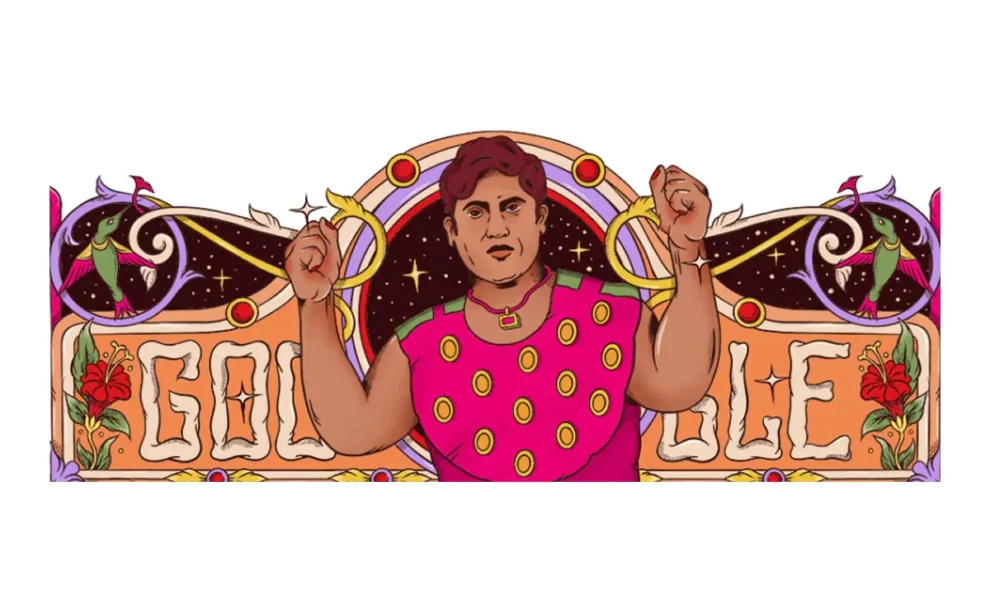Google Doodle celebrated Hamida Banu, a trailblazing figure in Indian sports history, known for her remarkable achievements as the country’s first female wrestler. This tribute highlights her significant contributions and the societal barriers she overcame during her wrestling career.
Breaking Boundaries in a Male-Dominated Sport
Hamida Banu, often referred to as the “Amazon of Aligarh,” embarked on her wrestling journey in the early 20th century, a time when women’s participation in such a physical sport was unheard of in India. Growing up in a wrestling family, Banu was no stranger to the sport, yet her path was fraught with challenges due to prevailing patriarchal norms and the conservative nature of her society.
Her wrestling debut in 1937 marked the beginning of an illustrious career that saw her defeat numerous male competitors who underestimated her abilities. One of her most notable matches was against Baba Pahelwan in 1954, where she stunned the audience by winning in just 94 seconds, an event that solidified her reputation as a formidable wrestler.
Societal Challenges and Personal Struggles
Despite her success in the ring, Banu faced significant opposition. She was often ridiculed and sexualized by competitors and spectators alike, and conservative factions sometimes violently protested her. This societal resistance forced her to leave Punjab after she was attacked following a victorious match.
Banu’s personal life also reflected the tumultuous journey she endured. Her relationships with her coach and family were complex, with some accounts suggesting that she faced domestic abuse, which ultimately impacted her health and well-being.
Legacy and Recognition
Hamida Banu’s career, spanning over 320 matches, remains a testament to her resilience and determination. While her life story had faded into obscurity for a period, recent recognition, such as the Google Doodle, underscores her role as a pioneer for women in sports.
Her legacy is not just in the records she set or the barriers she broke, but in the paths she paved for future generations of female athletes in India and beyond. Her story continues to inspire and resonate, proving that courage and perseverance can challenge and change societal norms.

























Add Comment